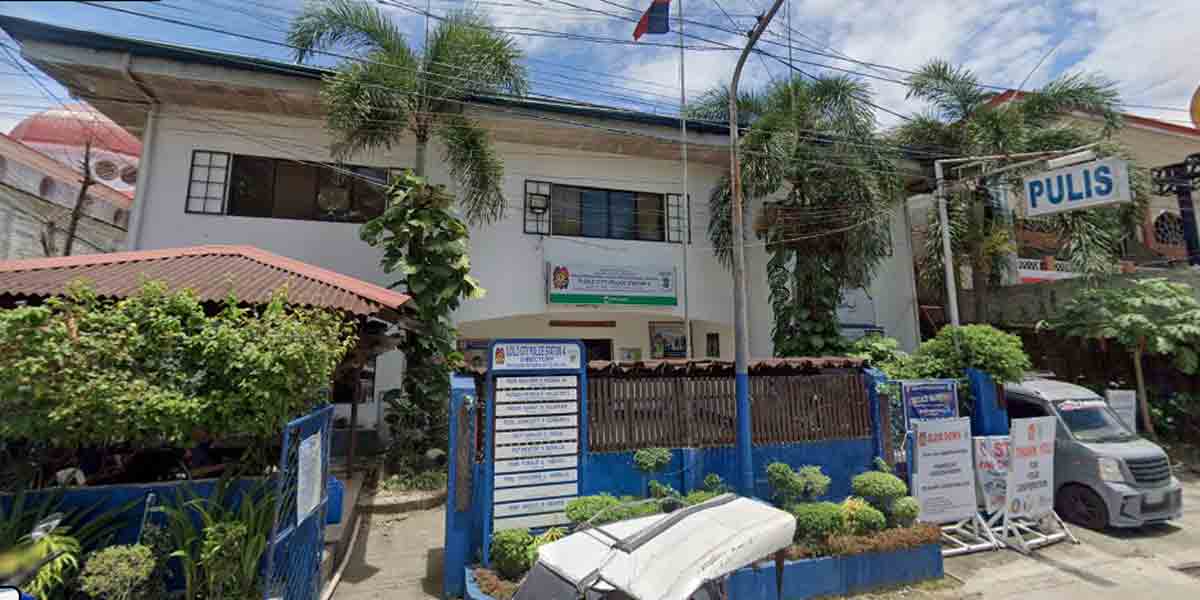By Richard Javad Heydarian
“It was a good day for democracy, and I think a good day for America,” declared President Joe Biden after a better-than-expected midterm elections performance by his fellow Democrats.
In a semi-triumphant address, the incumbent portrayed the election results, which have denied Republicans an easy path to congressional domination, as “a clear and unmistakable message” that his political agenda remains popular among a majority of Americans.
Buoyed by the results, Biden confidently headed for a series of high-stakes meetings across Southeast Asia over the next week, his first to the crucial region.
The US president attended the annual ASEAN summits in Phnom Penh, Cambodia (November 12-13), where he met leaders from across the Indo-Pacific, followed by the G20 Summit in Bali, Indonesia (November 13-16), where he will likely hold a special summit with Chinese President Xi Jinping.
Vice President Kamala Harris, meanwhile, will take part in the Asia-Pacific Economic Cooperation (APEC) Summit in Bangkok, Thailand, on behalf of Biden, who had to skip the event due to family commitments.
Biden’s no-show at the APEC summit, which will likely see the inaugural participation of Saudi Arabia, has no doubt irked Thai officials who hoped to have both Biden and Xi in attendance.
Nevertheless, Biden will be the first US leader in years to personally attend regional meetings since former US president Donald Trump skipped ASEAN summits throughout much of his four-year term in office, with the notable exception of his visit to Manila under fellow populist Rodrigo Duterte’s chairmanship of the Southeast Asian body.
Biden’s relatively strong performance in the midterm elections, the best by any Democratic incumbent in recent memory, will likely go down well in Southeast Asia, where American domestic politics are carefully tracked. Back in 2013, former US President Barack Obama was forced to cancel his trip to Asia due to the government shutdown amid vicious partisan gridlock over fiscal issues in Washington.
But as Biden enters the latter half of his presidency’s first term, there are also growing worries in the region on the direction of US policy. In particular, Southeast Asian leaders fret over the lack of any concrete American economic initiatives as well as rising military tensions between the US and China.
In its first two years, the Biden administration gained goodwill across Southeast Asia thanks to its hyperactive diplomacy as well as crucial pandemic-related assistance. Earlier this year, Biden hosted ASEAN leaders at the White House, the first in almost half-a-century, while holding a virtual summit with regional leaders last November.
Meanwhile, Harris, Secretary of State Antony Blinken and Defense Secretary Lloyd Austin have made repeated visits across key capitals in the region.
At the height of the pandemic, the US donated more than 20 million effective Covid-19 vaccines to ASEAN members, which also benefited from more than $150 million in public health assistance. For next year, the Biden administration is hoping to allocate more than $800 million for regional development initiatives.
Nevertheless, the Biden administration sorely lacks a coherent and tangible regional economic strategy. Earlier this year, new Philippine President Ferdinand Marcos Jr made it clear that he prefers expanded trade with – rather than conditional aid from – Washington. Despite his relatively warm relations with Biden, the Filipino president is openly courting expanded Chinese investments in his country’s public infrastructure.
While China has pressed ahead with big-ticket infrastructure projects across Southeast Asia under its Belt and Road Initiative (BRI), the proposed US-led Asia Digital Trade and Indo-Pacific Economic Framework initiatives have been more sizzle than steak.
Even relatively modest economic proposals, such as expanded digital trade, have met internal resistance at the highest echelons of the Biden administration. A more robust trade initiative will certainly provoke bipartisan backlash in Washington amid deepening protectionist sentiments at home.
As Emily Benson and Aidan Arasasingham of the Center for Strategic and International Studies (CSIS) argued in a recent piece, “Washington’s unwillingness to negotiate market access brings into question its ability to offer serious concessions and highlights the domestic political constraints it faces in negotiating free trade agreements.”
More fundamentally, the Biden administration lacks the policy leverage enjoyed by China’s Communist Party, which enjoys a chokehold on domestic capital and, accordingly, can swiftly corral major companies and policy banks to finance massive trade and infrastructure projects abroad.
Despite its deficiencies, the Biden administration can make a big difference in the regional economic landscape if it consolidates pre-existing and proposed initiatives in tandem with likeminded powers, including Japan and Australia (i.e., Blue Dot Network) as well as the broader G7 countries (e.g., Build Back Better).
The US could also take the lead in collectively catalyzing massive untapped private capital in the West, which amounted to as much as $110 trillion in recent years. The Asian Development Bank (ADB) estimates that developing Asia, which includes almost the entirety of ASEAN, will need up to $26 trillion to cover its infrastructure investment needs within this decade through 2030), with the annual financing gap doubling to $907 billion in recent years.
Meanwhile, the Biden administration will need to recalibrate its bilateral strategy towards key ASEAN countries. For instance, Vietnam has been spooked by Washington’s more ideologically-driven “democracy promotion” agenda.
As a result, the Vietnamese communist leadership has doubled down on its charm offensive vis-à-vis fellow communists in Beijing, which have openly opposed real and perceived Western political interference in the name of democracy and human rights.
During their recent meeting, Chinese and Vietnamese leaders emphasized, for the first time in decades, shared concerns over “colored revolutions” and “politicization” of human rights and democracy issues, a thinly-veiled criticism of Biden’s pro-democracy agenda.
Ultimately, the Biden administration will also need to reassure ASEAN countries that it’s not seeking armed conflict with China amid rising tensions over Taiwan and South China Sea disputes. A fruitful Biden-Xi summit in Bali, Indonesia, could go a long way in mitigating regional anxieties.
In many Southeast Asian capitals, there are fears that “New Cold Warriors” in Washington are bent on a full-blown showdown with the Asian powerhouse, which happens to be Southeast Asia’s largest trade partner and immediate neighbor.
In a televised national address earlier this year, Singaporean Prime Minister Lee Hsien Loong reiterated growing fears over US and China sleepwalking into full-blown war.
“Around us, a storm is gathering. US-China relations are worsening, with intractable issues, deep suspicions, and limited engagement,” the Singaporean leader warned amid constant efforts by the Southeast Asian city-state to act as a mediator between the two major powers.
“This is unlikely to improve anytime soon. Furthermore, miscalculations or mishaps can easily make things much worse,” senior statesman Lee added, underscoring the depth of strategic anxieties over the direction of US-China competition across ASEAN nations.
Follow Richard Javad Heydarian on Twitter at @richeydarian




















